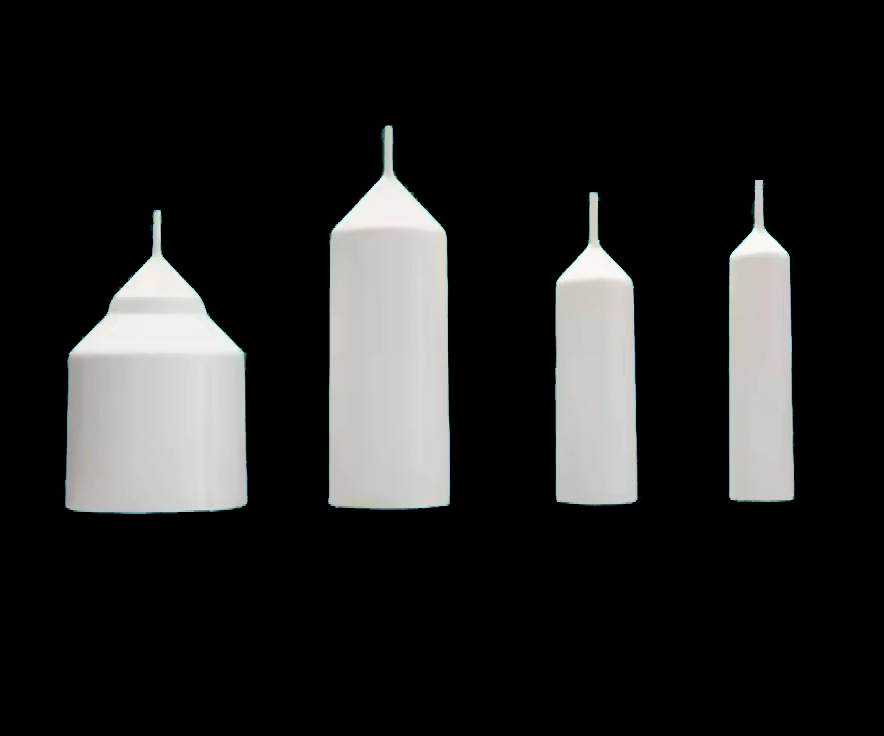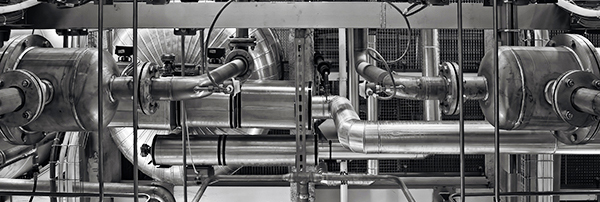
Manufacturing Applications

Machines and equipment in manufacturing processing are often exposed to high stresses caused by temperature, pressure, corrosion, and abrasion. In such cases, ceramic materials on an oxide and non-oxide basis are often a suitable alternative for the designers. In this connection, an exact knowledge of the application conditions is crucial for the selection of the right material. Advanced ceramics are a good choice.
Protection tubes
Accurate regulation and control of temperature are critical in many thermal processes in manufacturing, such as heat treatment, combustion, and more. Ceramic protection tubes protect the heating elements of aluminum die-casting and holding furnaces from mechanical contamination, corrosion, and wear. Ceramic tubes, such as alumina tubes, are also used as current-carrying elements in vacuum and sintering furnaces.
Separation Membrane
Membranes made of high-grade ceramic materials have high mechanical resilience and high resistance to abrasion when exposed to solvents as well as acids and alkaline solutions even with very high concentrations. These ceramic membranes could theoretically be used anywhere untapped heat or electricity is readily available, making them efficient and flexible. Another key advantage of material separation by means of membrane separation processes is that thermal process stages are not necessary, so consequently an energy-efficient separation system can be realized.
Foam Filters
Molten metals, especially aluminum, and steel require the purification of solid and liquid impurities prior to casting for subsequent manufacturing. Ceramic foam filters are the best solution for removing these impurities. Thermal shock resistance, operating temperature, corrosion resistance, and processability are important factors to consider when selecting ceramic raw materials. Zirconia and alumina ceramics are common materials for foam filters.
Ceramic filters are not only proven equipment components in the manufacturing industry, but they are also used for cleaning wastewater of different kinds and recovering recyclable waste in closed-circuit processes.
Valves and fittings
Valves and fittings used in the manufacturing industry generally have to meet high requirements with regard to the resilience of those equipment components in contact with the product when exposed to chemicals, high temperatures, and extreme pressure. Ceramic valves and fittings have wear resistance, chemical resistance, temperature resistance, and dimensional stability, and thus are a good solution for the manufacturing industry.
In many applications, for cost-efficient operation, the use of oxide and non-oxide ceramic components such as doped Zirconia (ZrO2), Al2O3-ZrO2 mixed ceramics, Silicon Carbide (SiC) or Si3N4 is often the ultima ratio.
- Your Name (required)
- Your Email (required)
- Company Name (required)
- Country (required)
- Your Phone (Optional)
- Ceramics (Optional)
- Notes (Optional)
-
Attachment (Optional)
No file chosen
-







